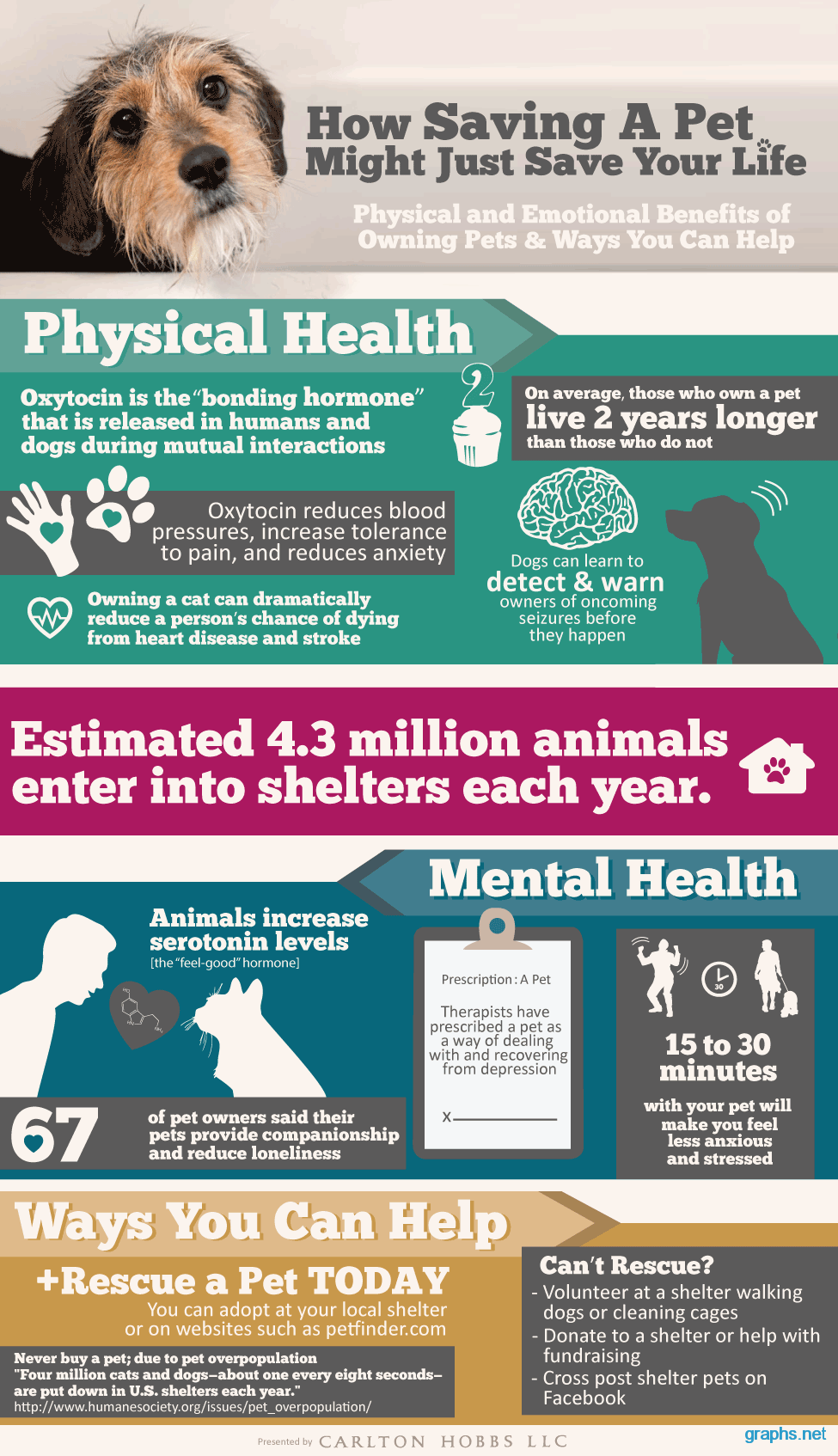Dog Daycare For Aggressive Dogs
Dog Daycare For Aggressive Dogs
Blog Article
Is Dog Childcare Stressful?
Numerous pets love childcare and are happy to be with their hair siblings all the time. Nonetheless, for some dogs it can be difficult.
Search for a center with licensed trainers and behaviorists that are on the flooring in all times, watching over the group play. This is particularly essential for canines that are responsive, exhibit resource safeguarding or come to be antisocial or obsessive.
1. Overcrowding
For numerous pet dogs, childcare is a favorable experience that provides physical and mental exercise to burn pencil up power. Nonetheless, the influx of new canines, scents and environments can be overwhelming for some canines.
Canines must be coupled with various other dogs that are similar in size, age, socialization and play style to guarantee security and stop overstimulation. Nonetheless, congestion prevails at pet daycares and can cause personality clashes and bullying that result in injuries.
Ask what safety measures the facility takes to keep your pup risk-free. For instance, is there an outdoor area for canines to leave the crowds? Does the facility have routine breaks for your puppy to soothe their nerves? Ask what type of first aid and CPR training workers have and if they recognize with providing medication to your canine. Also, it is essential to ensure your canine's food and medicines are in a labeled bag that daycare staff can quickly access.
2. Adjustments in regular
Completion of summertime is coming and with it comes huge modifications as kids go back to college and individuals go back to their job routines. This can be stressful for your pup. They'll miss out on all the walking and play you do together and may start to really feel bored. Their actions may alter too, such as excessive barking or devastating actions.
Pet dogs like routine, so a sudden shift in their everyday routine can cause them stress and anxiety. See to it to prepare ahead and gradually modify your feeding and stroll times in the weeks leading up to back-to-school. This will help your pet accommodate to their brand-new schedule and reduce any kind of undesirable behavior.
Daycare is a superb method for canines to get a lot of physical and mental exercise, specifically if they are young or energetic. They also obtain socializing experiences that will construct self-confidence and good behaviors, which can help them manage the stress and anxiety they might experience from points like journeys to the vet, brows through to your office or home and other demanding events.
3. Separation stress and anxiety
The drop off and pick up procedure can be a bit stressful for pets, particularly when it's the very first time. Lots of canine childcares provide a consistent everyday schedule, and over time this helps pets really feel comfy and safe and secure while they're far from their owners.
Structured play, structured rest periods and normal snack times all aid pet dogs develop a feeling of experience and predictability. This, combined with favorable reinforcement, helps reduce separation anxiousness signs.
Socializing likewise maintains canines literally and mentally busy, which can make them less responsive to stressors when they're home. This, together with positive reinforcement, aids to decrease anxiousness and increase self-worth.
4. Unsupervised play
Pets that are not socialized consistently can become anti-social-- this is usually seen as pet dog aggression. This can occur also in a well-managed daycare setup, so be sure to view the pets thoroughly. Try to find a ratio of 11 or less pets to floor individuals. Personnel should be playing and communicating with the pets, not sitting at their desks or looking at their phones.
The facility must have a silent area where the pet dogs can loosen up and recharge between play sessions. This is specifically important for high-energy breeds that require to boarding training dogs near me burn off added energy or low-energy older canines.
Ask the team what they do to maintain the canines soothe. They need to use positive reinforcement (appreciation, stroking, play) and never utilize physical penalty or aversives. They need to also be trained in family pet emergency treatment and mouth-to-mouth resuscitation. Lastly, the facility must have a reliable protocol for feeding times to prevent food hostility.